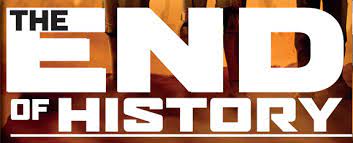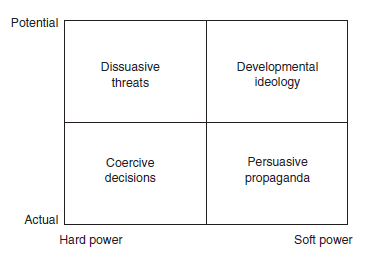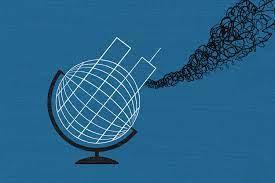Theory of the firm is an analysis of the behavior of companies that examine inputs, production methods, output and prices. This is a microeconomic concept that states that a firm exists and make decisions to maximize profits by creating a gap between revenue and costs.
The first elementary examination of companies was made by French economist Antoine Augustin Cournot (1801-1877) and later modified by (among others) English political economist Alfred Marshall (1842-1924).
The traditional theory assumes that profit maximization is the goal of the firm. More recent analyses suggest that sales maximization or market share, combined with satisfactory profits, may be the main purpose of large industrial corporations.
Overview
In simplified terms, the theory of the firm aims to answer these questions:
- Existence. Why do firms emerge? Why are not all transactions in the economy mediated over the market?
- Boundaries. Why is the boundary between firms and the market located exactly there with relation to size and output variety? Which transactions are performed internally and which are negotiated on the market?
- Organization. Why are firms structured in such a specific way, for example as to hierarchy or decentralization? What is the interplay of formal and informal relationships?
- Heterogeneity of firm actions/performances. What drives different actions and performances of firms?
- Evidence. What tests are there for respective theories of the firm?
Firms exist as an alternative system to the market-price mechanism when it is more efficient to produce in a non-market environment. For example, in a labor market, it might be very difficult or costly for firms or organizations to engage in production when they have to hire and fire their workers depending on demand/supply conditions. It might also be costly for employees to shift companies every day looking for better alternatives. Similarly, it may be costly for companies to find new suppliers daily. Thus, firms engage in a long-term contract with their employees or a long-term contract with suppliers to minimize the cost or maximize the value of property rights.
Main theories of the Firm
Industrial OrganizationSee more
Managerial ApproachesSee more
Hypercompetitive ApproachesSee more




















Hi there, You’ve performed a fantastic job. I will definitely digg it and for my part suggest to my friends. I am confident they will be benefited from this site.
Right on my man!
Informative article, totally what I was looking for.|
Thanks very interesting blog!
Nice post. I learn something totally new and challenging on sites
I stumbleupon on a daily basis. It will always be useful to read content from
other authors and practice something from their websites.